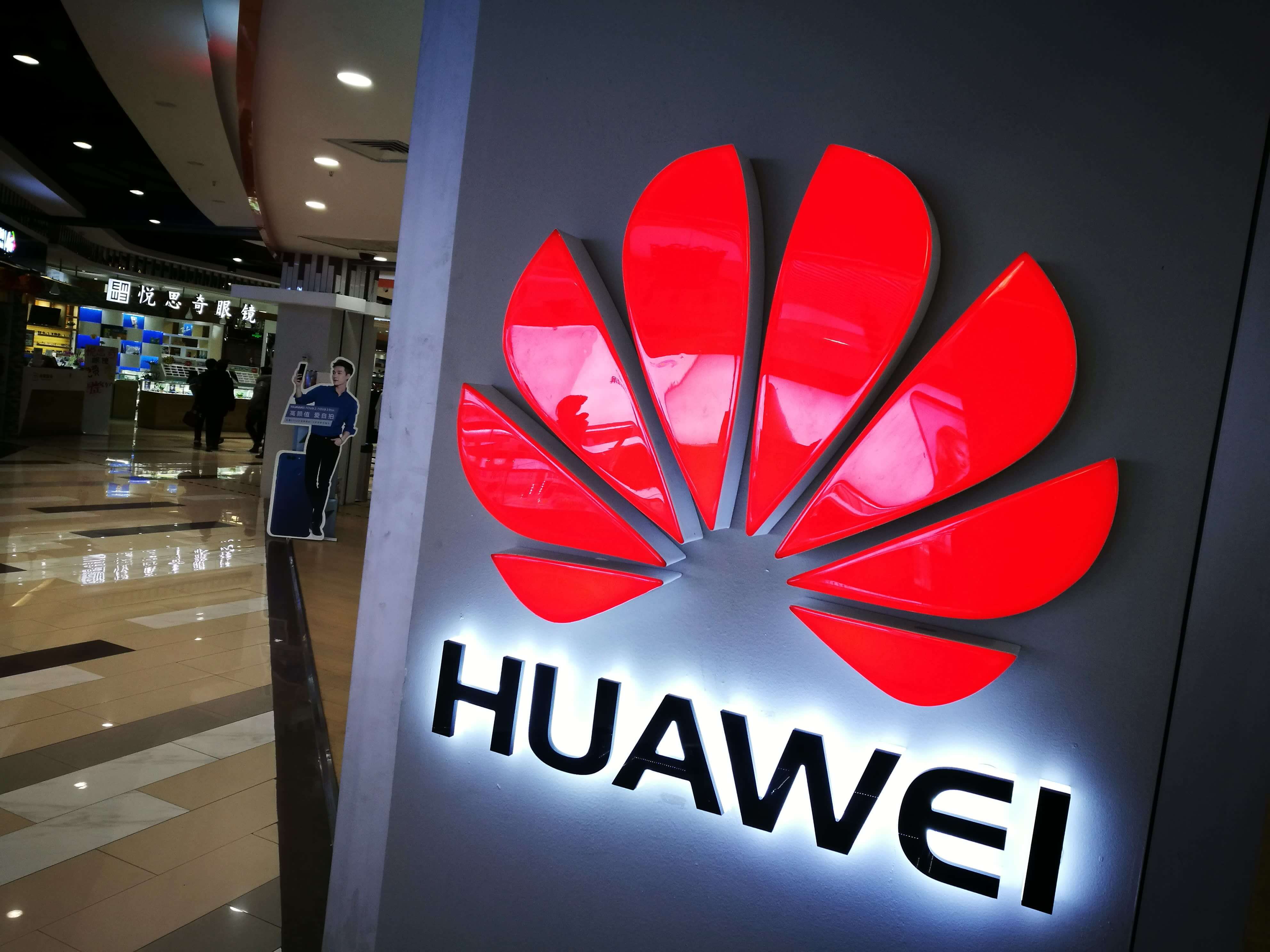In brief: The US makes no secret of its distrust of Huawei, having banned some of the Chinese firm's products and placed it on an export blacklist. As such, revelations that the company is secretly funding a massive US college research competition won't have pleased officials.
Huawei was placed on the Bureau of Industry and Security (BIS) Entity List almost five years ago over alleged ties to the Chinese government, ensuring that US companies cannot do business with the tech firm without first securing a license. But this has not stopped it from secretly becoming the sole funder of a research competition involving American universities including Harvard, writes Bloomberg.
The competition, administered by an arm of the non-profit Optica society called the Optica Foundation, has seen millions of dollars awarded since 2022. It has also attracted hundreds of proposals from scientists. Ironically, these include researchers from top US universities that have banned their staff from working with the Huawei.
A non-public document states that the foundation is not required to designate Huawei as the funding source or program sponsor of the competition and that the agreement between the parties is to be considered confidential. The secrecy meant applicants, university officials, and even competition judges did not know about Huawei funding the program.
The Optica Foundation's webpage listing its prizes and fellowships fails to mention the Huawei-funded competition, which awards $1 million per year, twenty times more than the next-highest cash prize on the site.
Huawei says the secrecy was to keep the contest from being seen as promotional and that there was no ill intent. A spokesperson added that the company and the Optica Foundation created the competition to support global research and promote academic communication.
Optica CEO Liz Rogan said some donors prefer to remain anonymous and there was nothing unusual about the practice. Rogan said the foundation's board had approved the donation and it had been reviewed by outside legal counsel.
Use photonics. Find a solution. Change the world.
– Optica (@OpticaWorldwide) May 1, 2024
Early career researchers – With the #OpticaFoundation Challenge, you can apply for US$100,000 prizes to create solutions for the environment, health and information sectors.
Apply by 21 May: https://t.co/3gFZVBqDbi pic.twitter.com/25XAwVbBnx
The Optica Foundation Challenge is based on using light waves to address issues related to the environment, health, and information – not really something that suggests Huawei would be interested in funding.
US lawmakers expressed anger last month after Huawei launched the MateBook X Pro - a laptop powered by Intel's Meteor Lake Core Ultra CPUs. US Commerce Secretary Gina Raimondo later said the Kirin 9000s SoC powering Huawei's recent Mate 60 Pro was "years behind" the sophisticated chips in the US.
